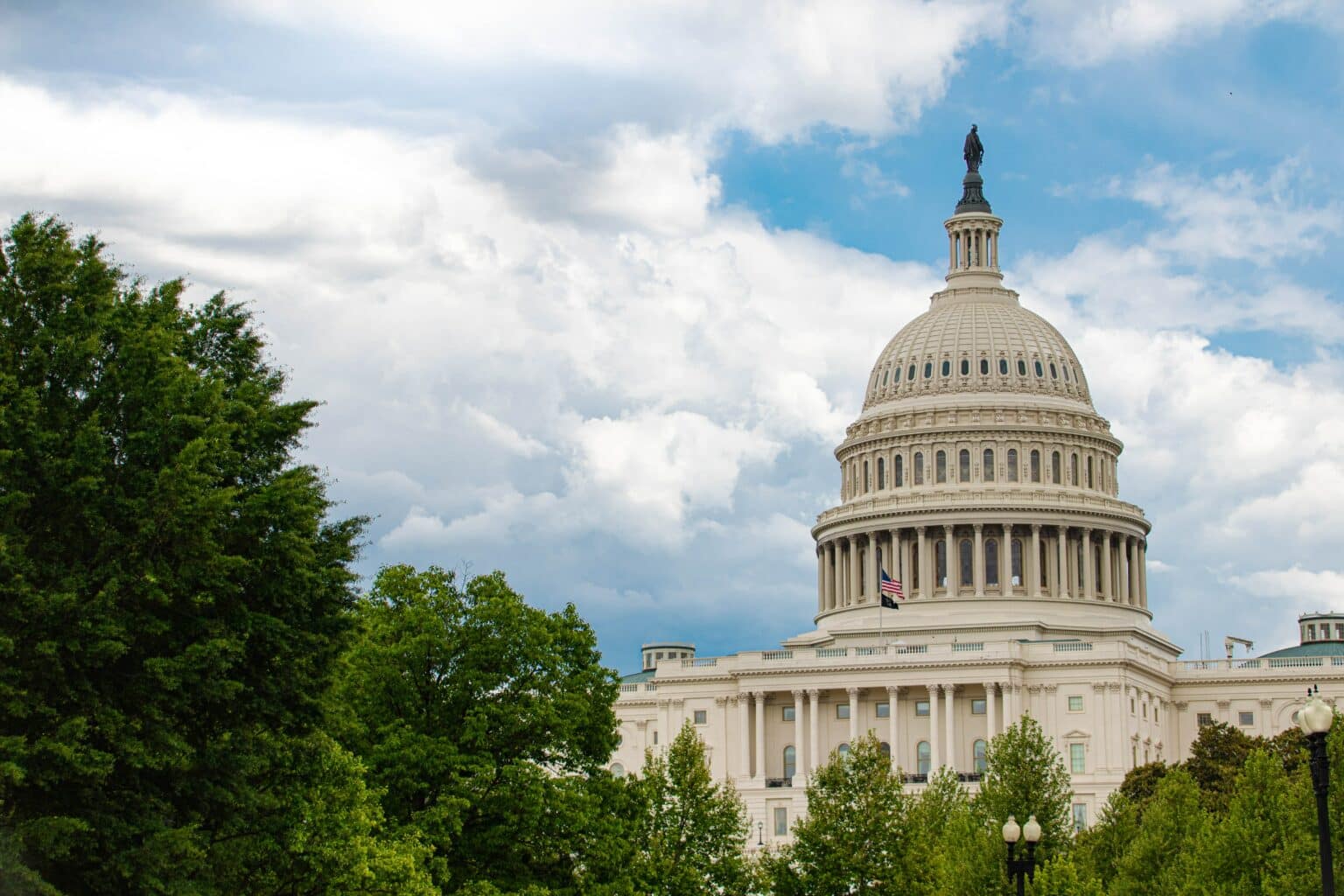The House Rules Committee was set to meet Tuesday to discuss the deal to raise the debt ceiling and avoid a June 5 default deadline.
President Biden and House Speaker Kevin McCarthy announced the deal Saturday night. It now requires approval from both chambers in the narrowly-divided Congress.
The House Rules Committee, which includes nine Republicans and four Democrats in the GOP-led chamber, typically rubber stamps legislation approved by party leaders. However, at least one far-right holdout on the committee—Rep. Chip Roy (R-TX)—is working to scuttle the debt agreement.
Roy has asserted that McCarthy shook on a verbal agreement with the Republicans on the committee back in January, that they must agree on any legislation before it moves forward for consideration in the full House. Based on that deal, without those nine Republicans’ unanimous consent the bill could be doomed.
However, Roy has also conceded that there’s no formal, written guidance regarding January’s hand shake with McCarthy. “There’s no official list,” he told CNN’s Manu Raju back on January 10. “You look somebody in the eye and shake their hands and move forward, and that’s precisely what happened here.”
McCarthy on Sunday predicted he would have the support of a majority of his fellow Republicans while House Minority Leader Hakeem Jeffries (D-NY) said he also expected Democratic support.
That’s despite the Chair of the Congressional Progressive Caucus, Rep. Pramila Jayapal (D-WA), saying Sunday that Democratic leaders “should worry” that they don’t have the support of her caucus’ 101 members—all but one of whom are in the House.
The deal raises the debt ceiling beyond next year’s presidential election into 2025. It also caps spending in the 2024 and 2025 budgets, claws back unused Covid pandemic funds, speeds up the permitting process for some energy projects, and include extra work requirements for aid programs like food stamps, though overall funding is mostly held flat for domestic programs.
On Friday, Treasury Secretary Janet Yellen revised her earlier deadline, now saying the government has until next Monday, June 5, before it completely runs out of money if the debt ceiling is not raised.
That’s after the Treasury undertook “extraordinary measures” for the past four months to prevent default when the U.S. reached its $31.4 trillion debt limit on January 19.
According to Yellen, not raising the ceiling and defaulting the government’s debt would spell economic “catastrophe” for the country.
“Household payments on mortgages, auto loans, and credit cards would rise, and American businesses would see credit markets deteriorate,” she said in April.
Wall Street analysts have further noted that a stock market plunge as a result of debt default could wipe out 6 million jobs and $15 trillion in wealth.
In 2011 the U.S. suffered a ratings downgrade by Standard & Poor’s when the country came close to defaulting amid the rise of the conservative tea party movement in the House.
A credit downgrade could mean higher interest rates, including those for fixed mortgages, and it could send the stock market plummeting. On the first business day after the S&P’s downgrading in 2011, the Dow fell 5.5%.


